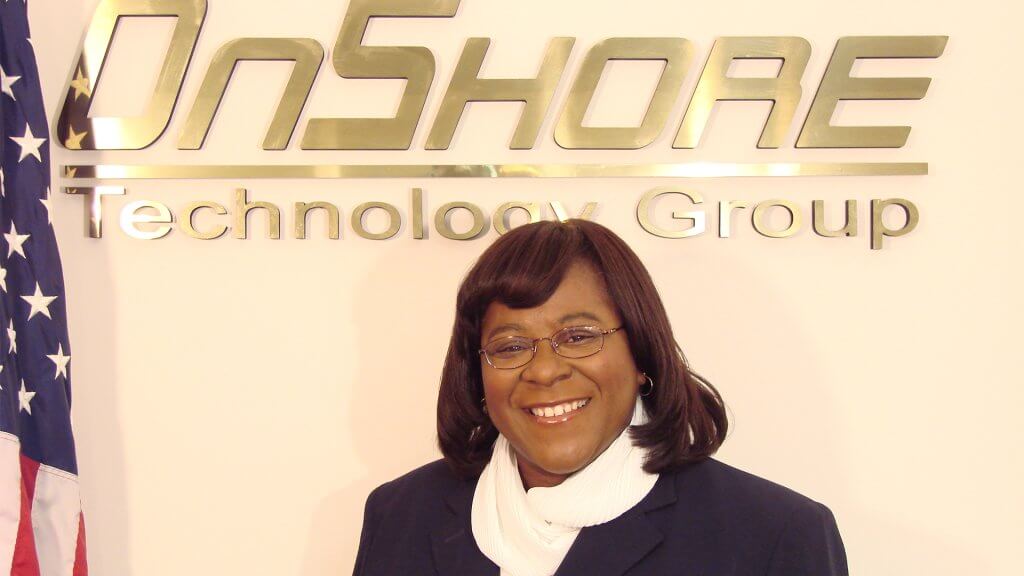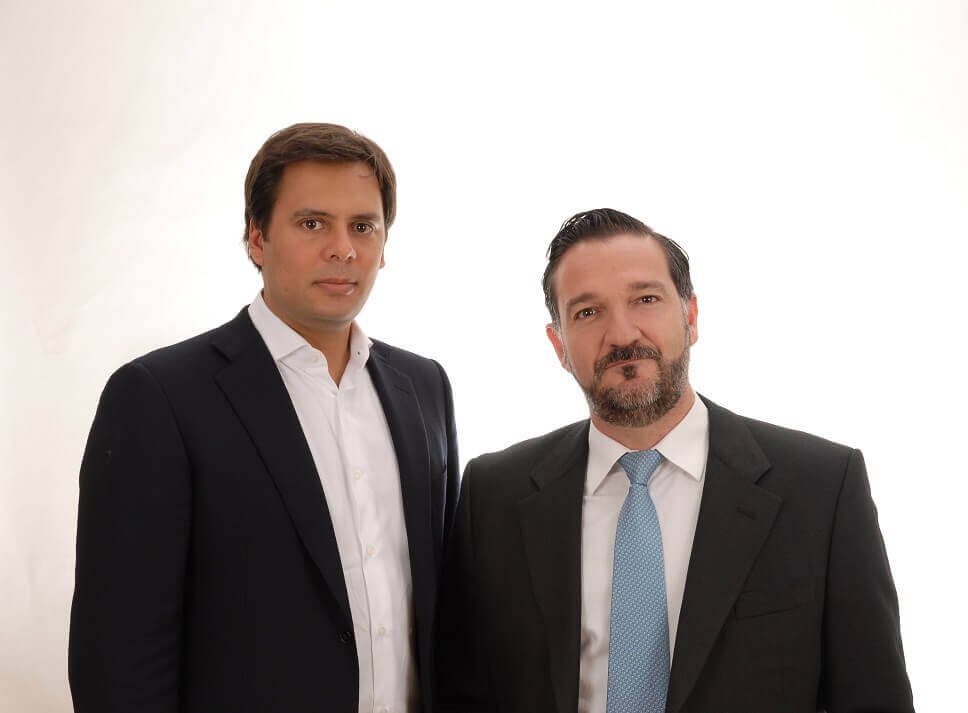
Thomas Lowe, Head of Product at Winterflood Business Services
No industry has been shielded from the disruptive legacy of the coronavirus pandemic. The impact on the financial world was sensationally underlined in the US, when a swathe of retail investors sought to bring down eminent hedge funds by bidding up the beleaguered GameStop stock.
As rumours continue to swirl around which stock will be targeted next by so-called investment vigilantes, the incident has broad implications for financial services. For the UK’s wealth industry and its guardians, the key question is whether this trend will blow across the Atlantic – and how could this impact the next generation of investors seeking to ensure a healthy and robust financial future.
Behind the David and Goliath headlines, are some trends that the wealth industry must acknowledge, and consider deeply, the potential consequences.
Betting for brokerages
As Tesla visionary Elon Musk appeared to suggest in a recent Tweet, this situation was inevitable. Ultra-low rates, asset prices removed from fundamental reality, a technology enabled hyper-acceleration in the democratisation of investor platforms and the growth of chatrooms created the backdrop for a group of amateur day traders to take on investment titans.
The pandemic has seen retail investing surge. A key underlying driver of this trend is that millennials have had more time and have begun to take ownership of their financial future. The other phenomenon is that due to a dearth of live fixtures, sports-betters have been switching to day trading.
Alarmingly, we have seen a correlation in the decline of sport betting versus a rise in new retail share accounts. This has injected an elevated level of animal spirit to US markets. During the pandemic apps like Robinhood, Webill and Sofi have taken on millions of new accounts in the US. To illustrate the investing frenzy, as the GameStop story unfolded, Robinhood had more than 600,000 people download its app on Friday, according to JMP Securities.
The other complicating factor is the business model operated by Robinhood and others. Payment for order flow is a system where a brokerage firm receives money for directing orders to specific parties for trade execution. This is banned in the UK due to the conflicts of interest that it can create but it is still allowed in the US. Payment for order flow creates a potential lack of transparency, but also, as options/derivatives can be far more lucrative for trading firms, there is the potential for retail investors to be pushed in the direction of sophisticated products where they aren’t aligned to the investment goals.
This is best highlighted by the increasing interest in risky products like CFDs or “contract for differences” amongst retail investors, which has been likened to gambling rather than investing. A review of some platforms that offer CFDs to investors show them disclosing statutory warnings that 67-78% per cent of retail investors lose money when trading CFDs.
Education and access
These complicated trades give clients the option to buy or sell securities at predetermined prices. By nature, this is more speculative — and gives retail investors the ability to use leverage, which can deliver more upside, but also potentially big losses.
This brings us to a crucial point. Should the democratisation of investing just be about access? At WBS, we are supporting platforms to expand their investment universes, but we believe without education, access is not itself enough to ensure financial well-being. True investor democratisation is about leveraging financial instruments such as ETFs and fractional shares to invest early and often, time in the market is almost always more profitable than timing the market – but alongside this new architecture, the industry and the regulatory bodies also have a moral responsibility to ensure that investors are adequately safeguarded.
While GameStop appeared to pit the person on the street versus hedge funds, the reality is that behind any chatroom or blog could be a scheme to manipulate the market. The most important thing is that the retail investor population is protected, and that the industry continues to use newer and smarter tools to support that goal.
Gamification over Gaming
Over in the UK, we should welcome platforms that encourage long-term saving such as Hargreaves Lansdown. The firm has reported a surge in new accounts during the pandemic. The rise of younger investors pushed the average age of its platform users down from 54 in 2012, to 47.
This is the beginning of a seismic generational shift and wealth transfer. But alongside the established platforms, there is a wave of digital investment platforms, such as Digital Money Box and Wealthify who are encouraging investors to invest early and often through low-cost liquid instruments that are easy to understand and are diversified.
However, we need to draw a clear line between gamification and gaming or gamifying. Some platforms have been accused of “gaming” investing and not putting in place proper controls to safeguard inexperienced investors. But there are plenty of platforms trying to support long-term investing through gamification and nudges – powerful tools which we believe will be the real investing revolution for millennials.
Gamification is when investors interact with their personal financial objectives with an investment firm’s game-based applications. This method can use incentives to reward engagement and harness techniques in the form of interactive games to encourage clients to work toward their respective investment goals. In this scenario, behaviour might be mapped via a virtual reality simulation to illustrate benefits for saver. This type of aid enables savers and investors to visualise the rewards of the investing both time and money in their financial goals – and creates a wired emotional response to flex their saving muscles.
In improving the world’s financial literacy, the industry should not push for risky investment strategies like day trading – in the new frontier for retail investing the only game in town should be gamification for long term success.



















